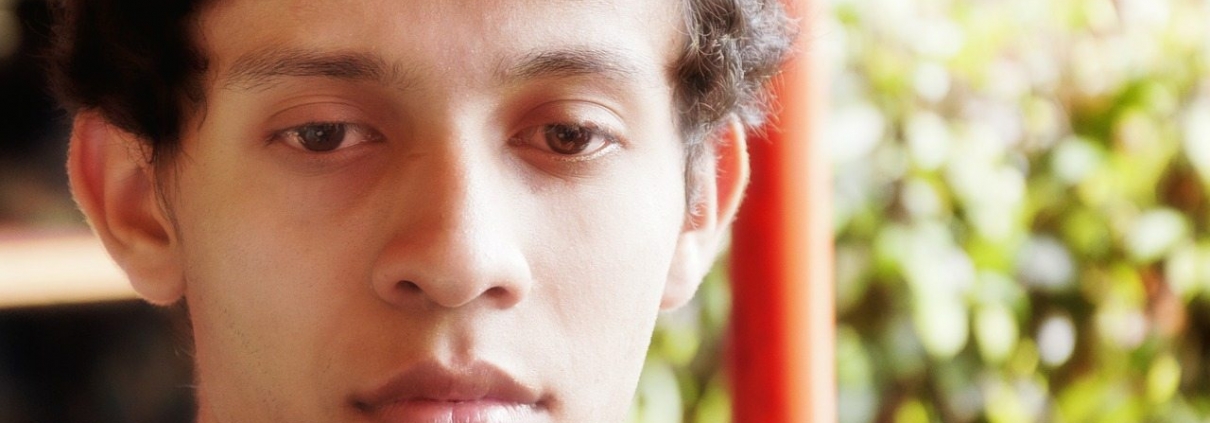What Are the Words Which Make an Oath Binding?
Hanafi Fiqh
Answered by Shaykh Abdul-Rahim Reasat
Question: Assalamu alaykum
1. What are the words which make an oath binding?
2. Is verbal utterance necessary for an oath to be valid or will an oath be formed if a firm intention is made in the heart without saying it loudly with the mouth and tongue?
Answer: Wa ‘alaykum as-salam wa rahmatullah wa barakatuh
I pray you are well.
What’s in an oath?
Oath are a means of strengthening a point one is making by using the name of Allah Most High, or a means by which one affirms that he will do or refrain from something. Not doing the thing entails a disrespect to the name of Allah, so one is required to perform an expiation to compensate. Allah has commanded the believers: ‘Protect your oaths’ (5:89). This entails fulfilling what one swears, and not making an oath something commonplace. Rather, it should only be used in special circumstances.
One type of oath is called a nadhr (an oath of exchange), which is when a person swears to perform a particular act of worship if Allah makes a particular thing happen. These must be fulfilled too. However, the Messenger of Allah (Allah bless him and give him peace) said, ‘Do not oaths of exchange because they do not alter destiny in the slightest. Clearly, all that happens is that misers are made to give something by them’ (Muslim).
The hadith is one of guidance, not one of prohibition. If someone does so they should follow through, and do what they said.
Verbalising Oaths
Oaths must be spoken out loud. A thought of a statement of an oath, or a firm intention is not considered an oath which has legal consequences.
Swearing Oaths
The words which are used to swear an oath vary from culture to culture, and from language to language. What concerns us is that the name of Allah is used to add to the weightiness of what one is saying, whether it is to emphasise, affirm or deny something.
The blessed name ‘Allah’ does not have to be used; anything which is a reference to the One True Creator is sufficient, such as the words ‘God’, ‘Khudā’, etc as long as it does not imply any sort of shirk or shared divinity. So saying ‘By God, I will do such and such’ is an oath. This wording implies the use of the words [I swear] before it. Other examples are saying ‘w-Allahi’ or ‘Khudā kī qasam’, in Arabic and Urdu respectively.
The Attributes of Allah
Oath can also be sworn by the attributes of Allah, such as saying ‘I swear by the One who created all that exists’, ‘I swear by the Lord of Muhammad (Allah bless him and give him peace)’ or ‘I swear by the One in whose hand my life is’. Swearing by mentioning the attributes of Allah is just like swearing by the being of Allah Most High. The Qur’an is the speech of Allah, and His speech is one of His attributes, so swearing by the Book of Allah is akin to swearing by Him.
(al-Kasani, Badaʾiʿ al-Sanaʿiʿ, al-Mawsili, al-Ikhtiyar)
Swearing by Other than Allah
The Messenger of Allah (Allah bess him and give him peace) said, ‘Indeed Allah has forbidden you from swearing by your fathers; so whoever is going swear an oath, then let him swear by Allah or stay silent.’ (Bukhari).
For this reason it is not permissible to swear and oath with the name of anyone else – not even the Messenger of Allah (Allah grant him peace).
If one does happen to see something like this then basic Islamic conduct dictates that one give the person the benefit of the doubt. Sometimes words are implied in sentences.
May Allah grant you the best of both worlds.
Wassalam,
[Shaykh] Abdul-Rahim Reasat
Shaykh Abdul-Rahim Reasat began his studies in Arabic Grammar and Morphology in 2005. After graduating with a degree in English and History he moved to Damascus in 2007 to study and sit at the feet of some of the most erudite scholars of our time.
Over the following eighteen months he studied a traditional curriculum, studying with scholars such as Shaykh Adnan Darwish, Shaykh Abdurrahman Arjan, Shaykh Hussain Darwish and Shaykh Muhammad Darwish.
In late 2008 he moved to Amman, Jordan, where he continued his studies for the next six years, in Fiqh, Usul al-Fiqh, Theology, Hadith Methodology and Commentary, Shama’il, and Logic with teachers such as Dr Ashraf Muneeb, Dr Salah Abu’l-Hajj, Dr Hamza al-Bakri, Shaykh Ahmad Hasanat, Dr Mansur Abu Zina amongst others. He was also given two licences of mastery in the science of Qur’anic recital by Shakh Samir Jabr and Shaykh Yahya Qandil.
His true passion, however, arose in the presence of Shaykh Ali Hani, considered by many to be one of the foremost tafsir scholars of our time who provided him with the keys to the vast knowledge of the Quran. With Shaykh Ali, he was able to study an extensive curriculum of Qur’anic Sciences, Tafsir, Arabic Grammar, and Rhetoric.
When he finally left Jordan for the UK in 2014, Shaykh Ali gave him his distinct blessing and still recommends students in the UK to seek out Shaykh Abdul-Rahim for Quranic studies. Since his return he has trained as a therapist and has helped a number of people overcome emotional and psychosomatic issues. He is a keen promoter of emotional and mental health.
